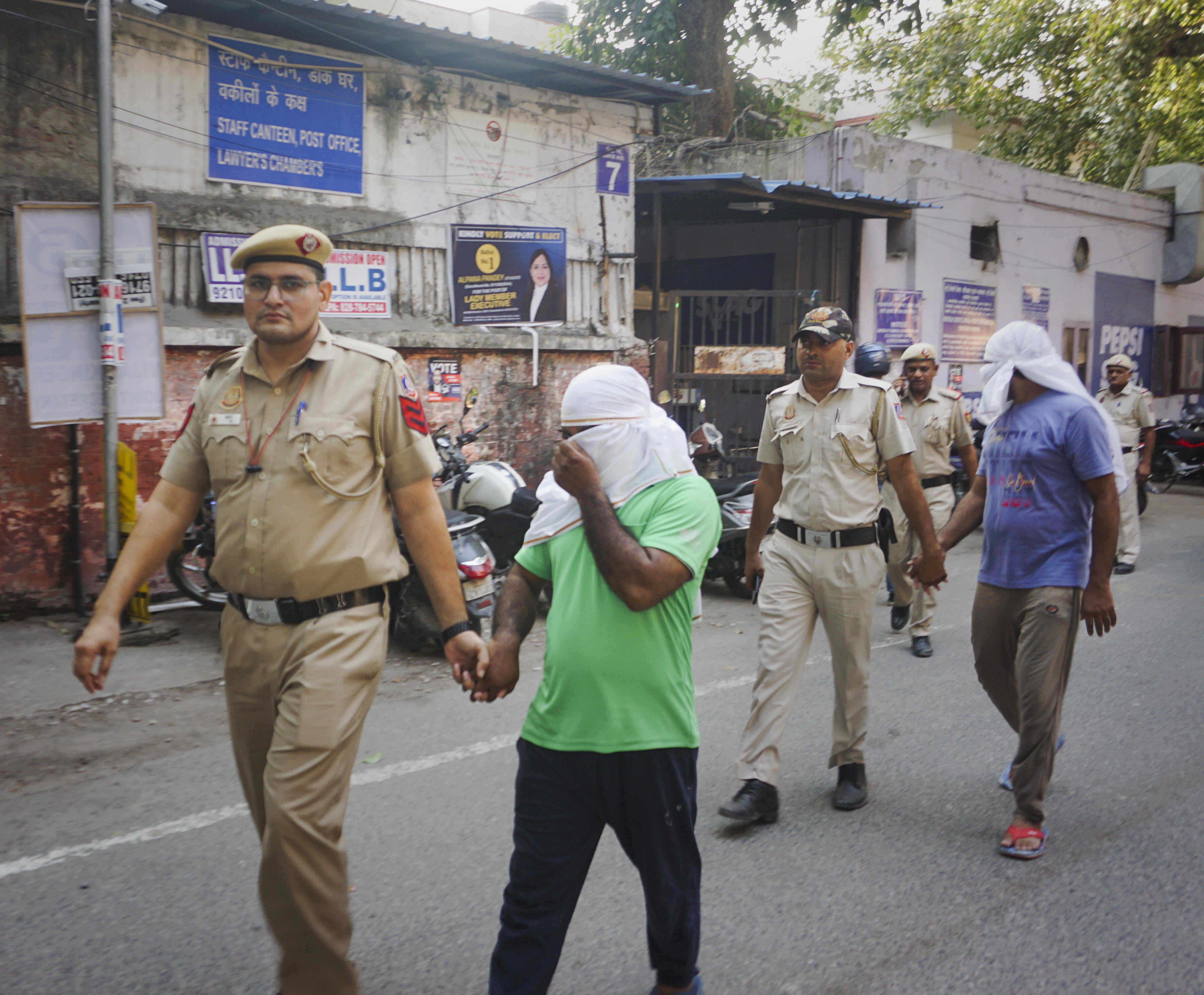Weeding out the wicked?
The ban on PFI is a severe blow to vested interests, and will help curb the rising menace of communal radicalisation in the country

Mixed reactions have surfaced in the wake of the recent ban imposed on Popular Front of India (PFI). Significantly, there is a sigh of relief in a large section of Indian society, as the PFI was known to have suspected links with a couple of foreign countries with a vicious agenda of spreading hate and causing bitterness in the body politic of India. As far as credible reports go, Turkey and Qatar have come to prominent notice in funding the PFI leadership and cadres in India which saw visible traces of communal hatred, and even violence.
It is also pertinent to mention here that along with PFI, its other affiliates — Campus Front of India, Rehab Foundation of India, Rehab Foundation (Kerala), All India Imam Council, National Confederation of Human Rights Organisation, National Women's Front, Junior Front, and Empower India Foundation — have also been banned. A nationwide swoop saw a large number of arrests of various PFI rank and file. It is also relevant to point out that the PFI and its members were actively involved in extreme Islamic radicalisation, especially that of Muslim Brotherhood (MB), espoused chiefly by Turkey and its cells located in various parts of India, which poisoned the minds mainly of Muslim youth who were encouraged through indoctrination to harden their religious mindset and make them a communal liability to society. Here, it would not be out of context to mention that Kerala High Court had received a sworn affidavit in 2012, stating that the PFI was complicit in cases of murder numbering to as many as 27 incidents. This apart, PFI foot soldiers were involved in 85 cases of rioting and 106 cases of communal conflagration. In 2016, a National Intelligence Agency (NIA) court had convicted one worker of the PFI to seven years of imprisonment and five years to five other workers.
Contrary to general anticipation, so far, not much pro-PFI reactions have come to the fore, including by Jamat-e-Islami and its affiliates; though internally, Jamiat-ulema-i-Hind have come out with statements in favour of the PFI. Other than this, no worthwhile statement criticising the government for banning the PFI has been noticed.
Interestingly, All India Majlis-e-Ittehadul Muslimeen (AIMIM) head Asaduddin Owaisi strongly condemned (September 28) the ban on the PFI, saying every Muslim youth will now be arrested with a PFI pamphlet under the India's black law — Unlawful Activities (Prevention) Act (UAPA). Owaisi, however, said in the same vein that he always opposed the PFI's approach but the ban on the radical outfit cannot be supported.
Meanwhile, security experts affirm that there had been many instances of international linkages of PFI with global terrorist groups like Islamic State of Iraq and Syria (ISIS). PFI and its associates have been working covertly to increase the radicalisation of one community by promoting a sense of insecurity in the country, which is substantiated by the fact that some PFI cadres have joined international terrorist organisations.
Importantly, a screenshot of a now-deleted tweet by Pakistan's Canadian Embassy, which was a response to a tweet of the PFI, is doing the rounds on social media. According to reports, the verified handle of Pakistan Consulate General at Vancouver replied to a tweet of the now-banned PFI, and tagged UN Human Rights, Pakistan Foreign Office, in a possible attempt to amplify PFI's tweet. In its tweet, PFI had called for support amid the second round of crackdown on September 27.
In the meantime, Pakistani media has gone hyper in criticising the recent ban promulgated on the PFI. It alleged that India has started a crackdown on a local Muslim political organisation that has often been regarded as a counter to Hindutva groups such as the RSS.
In sum, the PFI ban by the Indian security establishment is seen as a bold step towards containing the rising trend of Islamic radicalisation. Also, it would certainly demoralise those forces and elements inclined towards ISIS and Al Qaeda, which were easily vulnerable to religious indoctrination. Furthermore, Turkey and Qatar, in particular, will feel demoralised and will less likely provide financial assistance to their partners in India as their source of inspiration, MB, has been dealt a blow in the country. More importantly, highly radicalised Islamic outfits like Jamaat-ul-Mujahideen Bangladesh (JMB) and its sympathisers plus similar outfits following extreme ideology in countries like Maldives etc. are bound to feel frustrated by this Indian decision. At least for the time being, PFI cadres and their sympathisers will be quiet and inert, which will give a fillip to the Indian Intelligence and security agencies who seem committed to root out acerbic communalism which was fomenting disharmony and even terror through their extreme ideology. Having said this, it is also possible that media outfits including Al Jazeera and its ilk would step up its anti-India propaganda to vitiate the communal environment as part of their partisan approach of catering to the interests of the communal forces.
The writer is a retired IPS officer, a security analyst and a former National Security Advisor to the PM of Mauritius. Views expressed are personal



